Popular Tips
YOU MIGHT BE INTERESTED IN
Dead Battery In Winter: Explanations And Solutions
by IndianAuto Team |
30/11/2020
Wonder why your car battery dies fast when the weather is turning cold? Do you want to improve your battery quality in winter? Check out the article for the detailed explanation and solution!









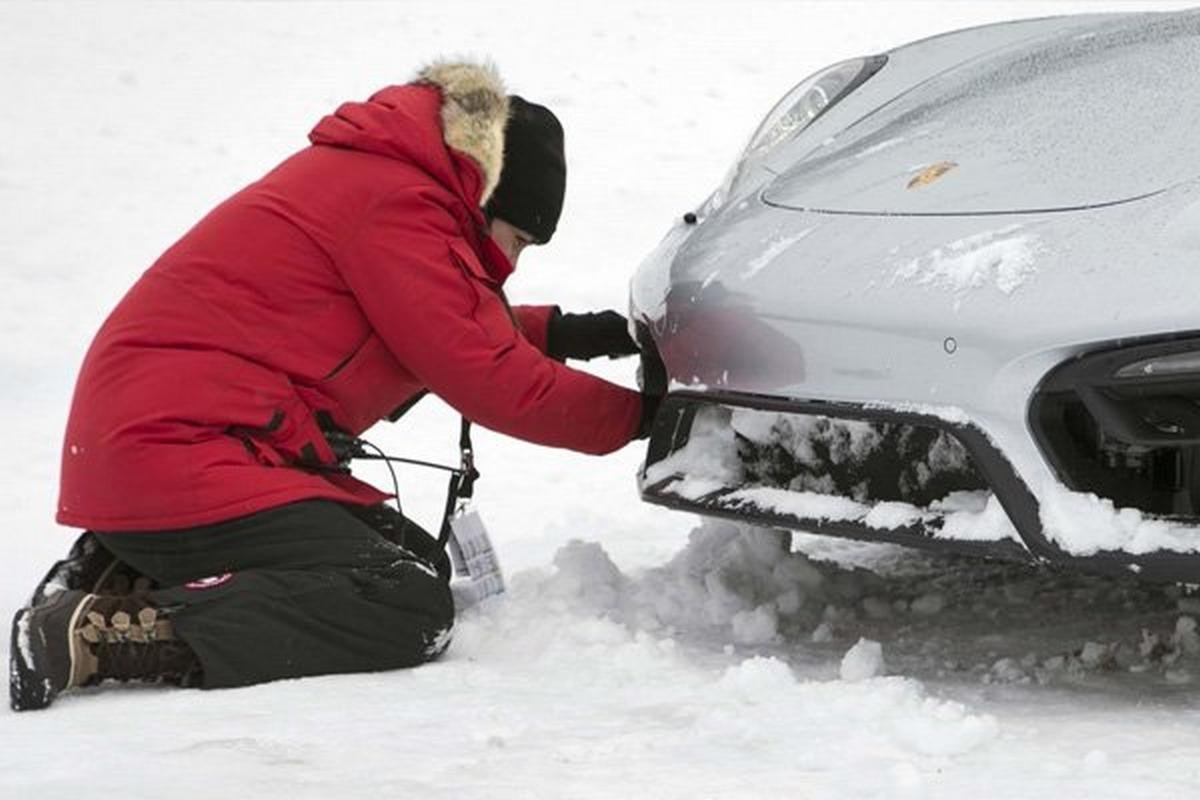
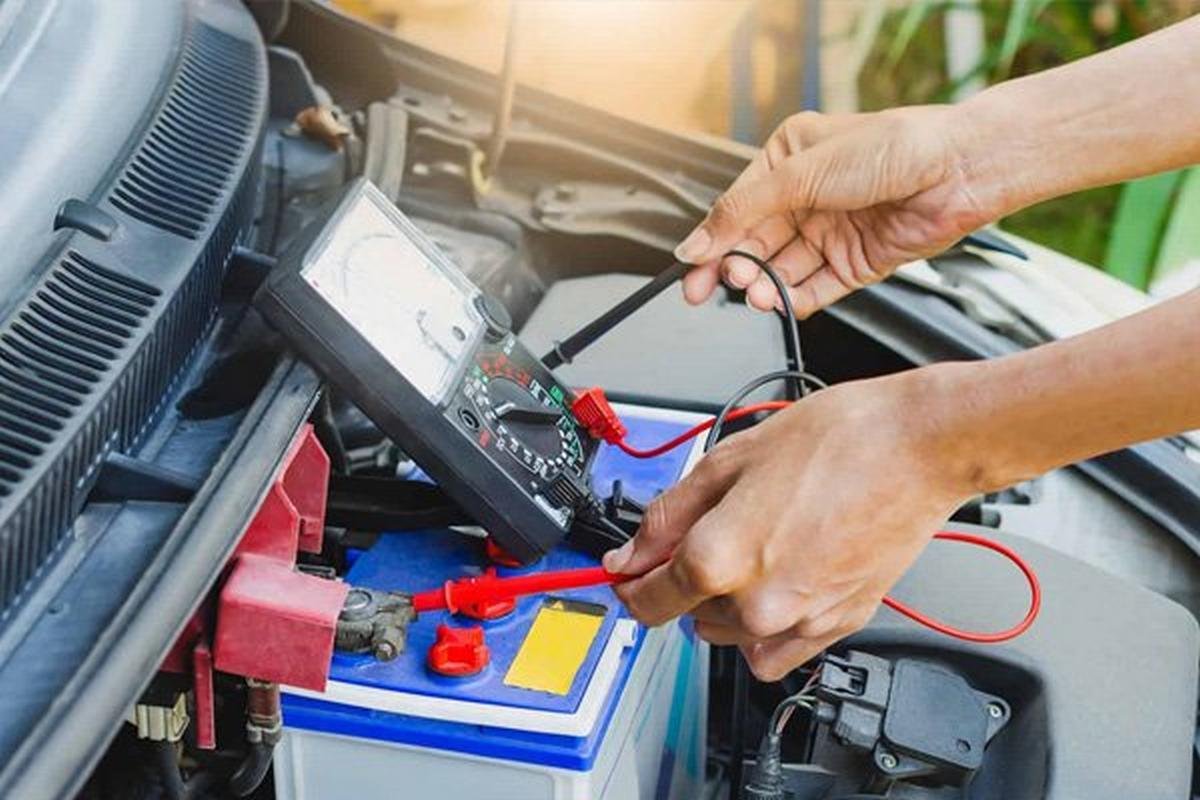
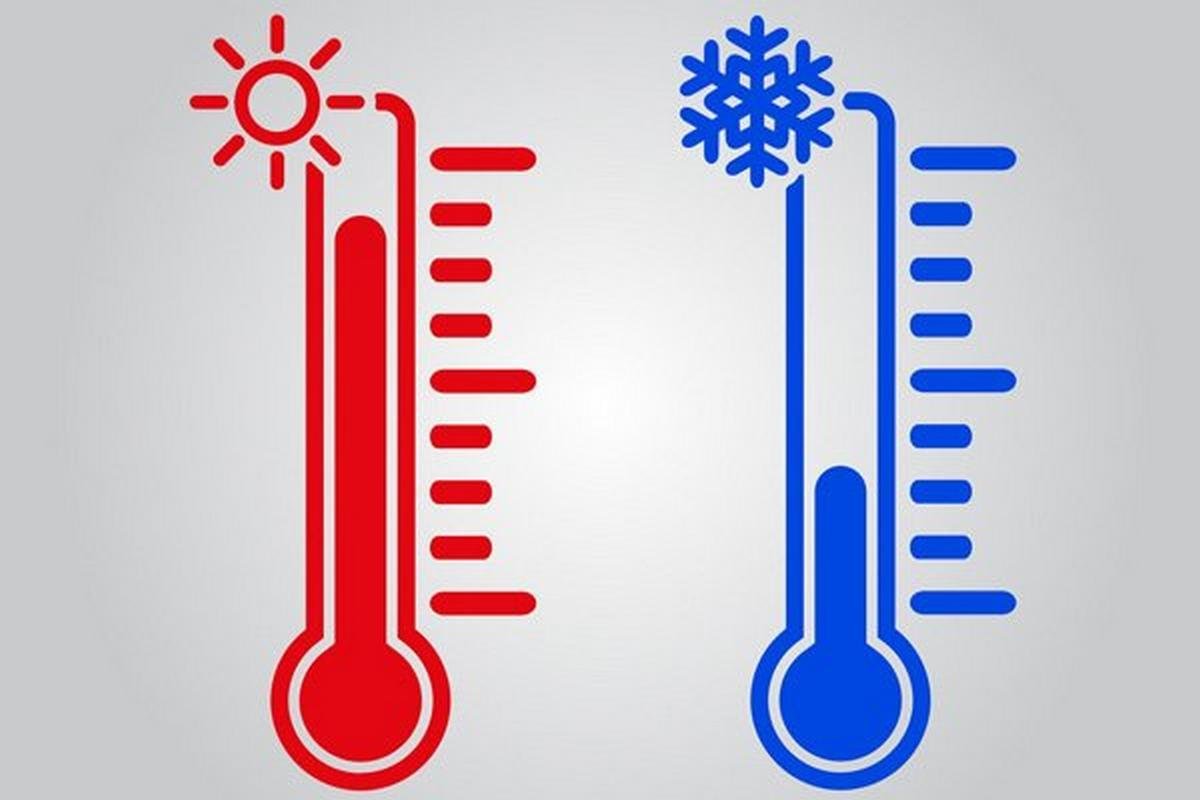
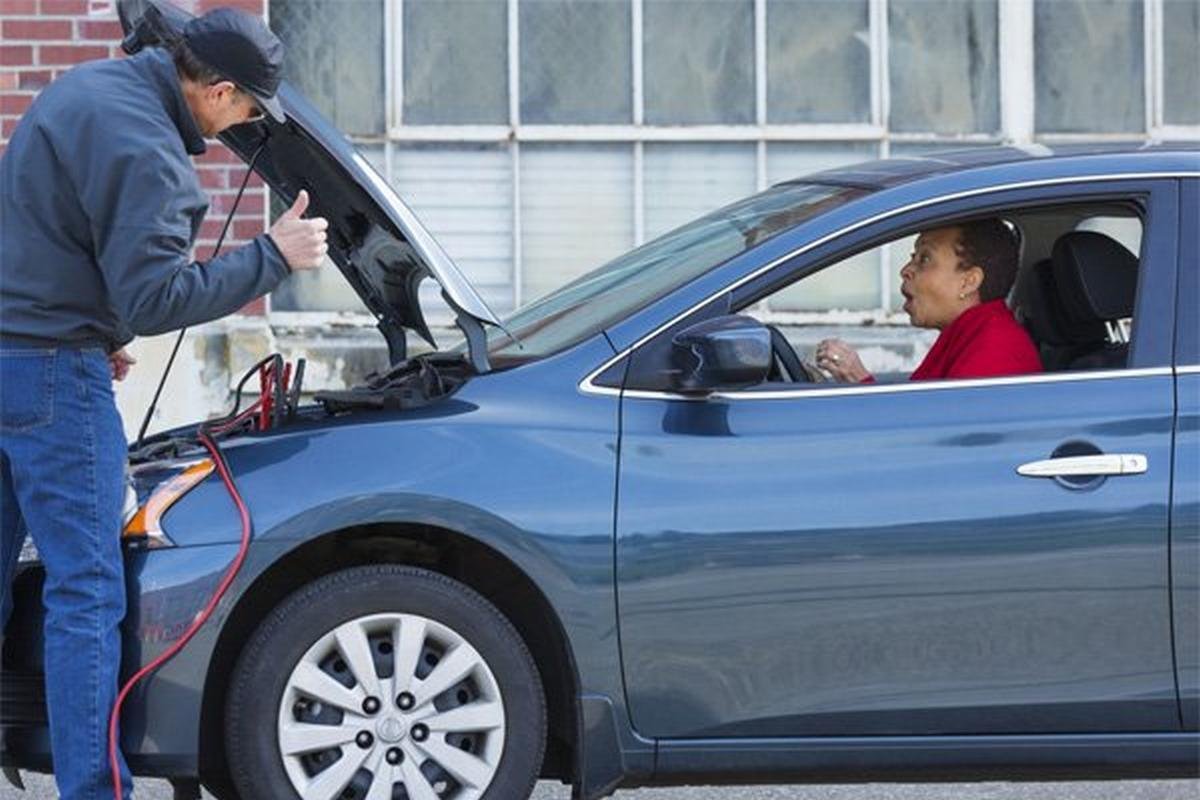
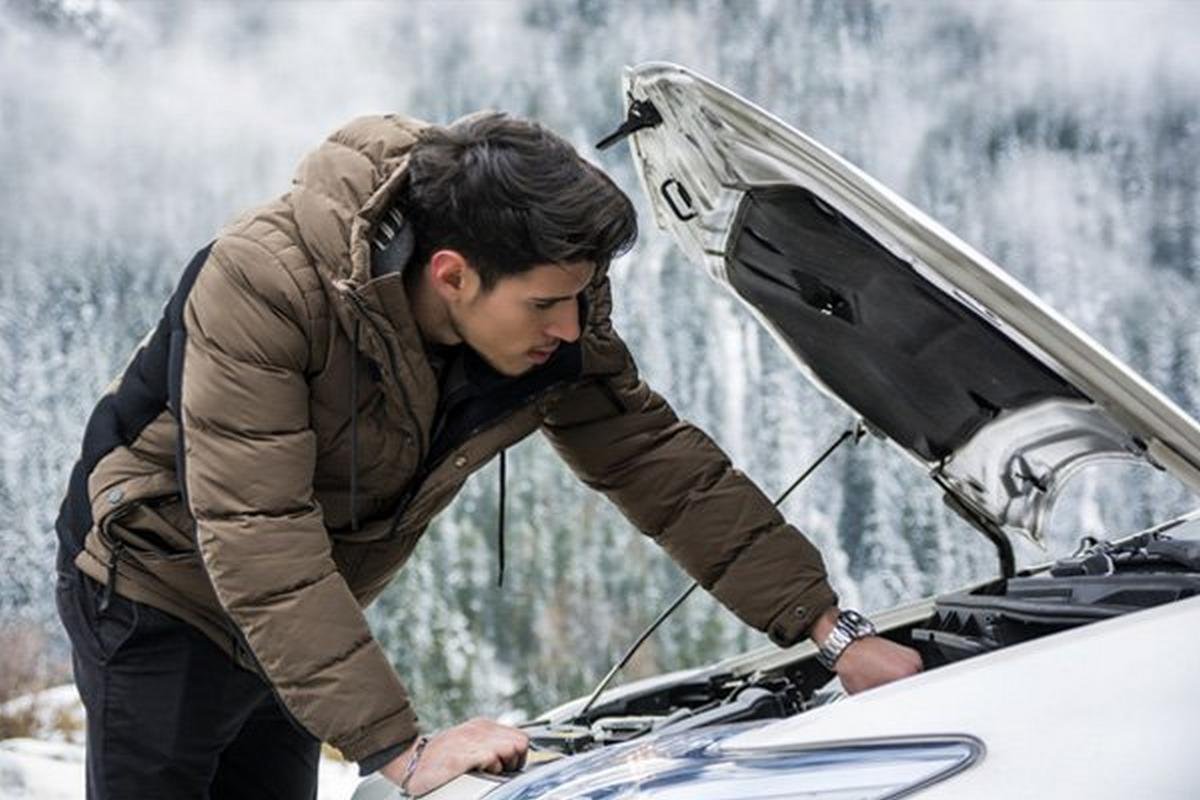
 Follow us on google news
Follow us on google news
